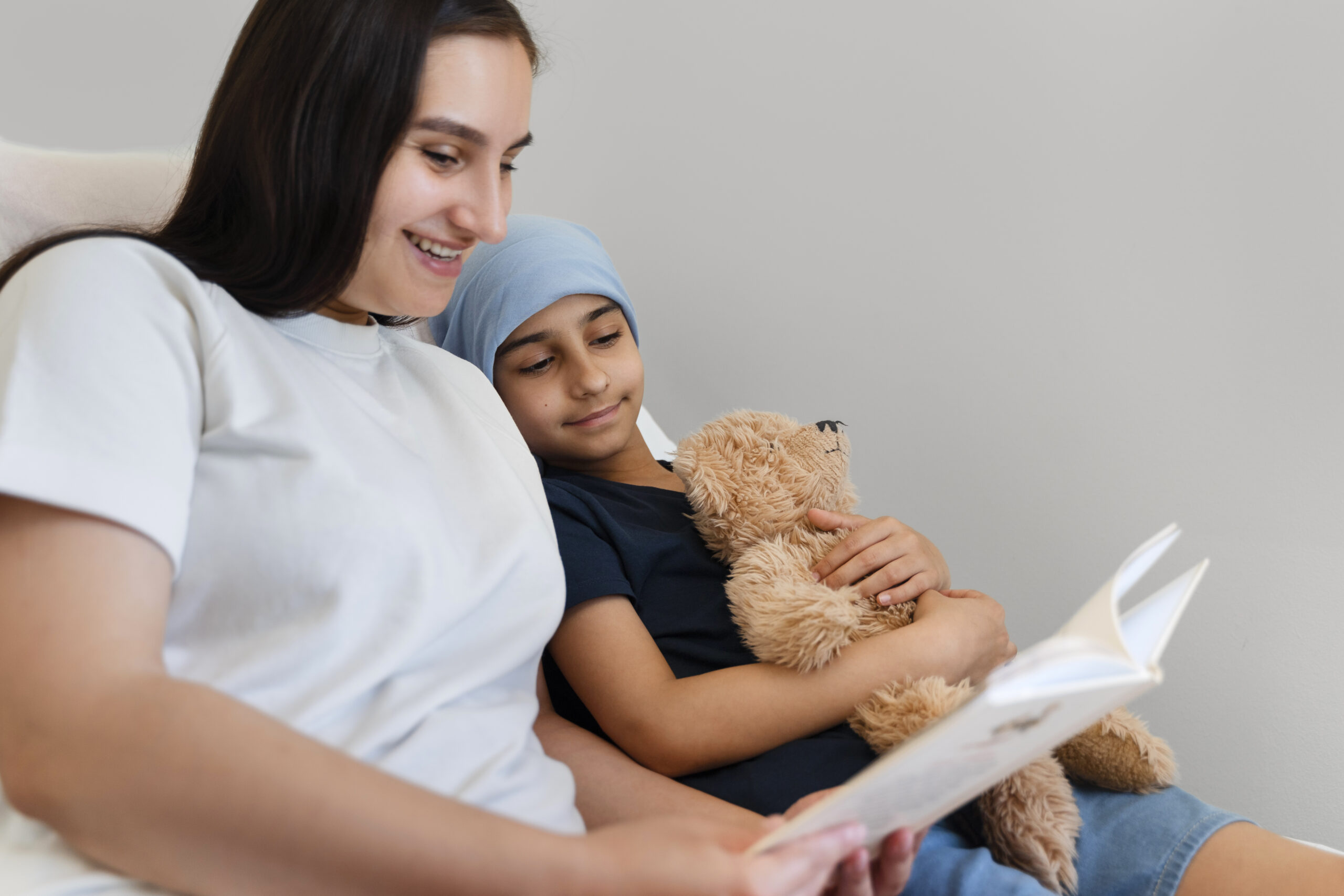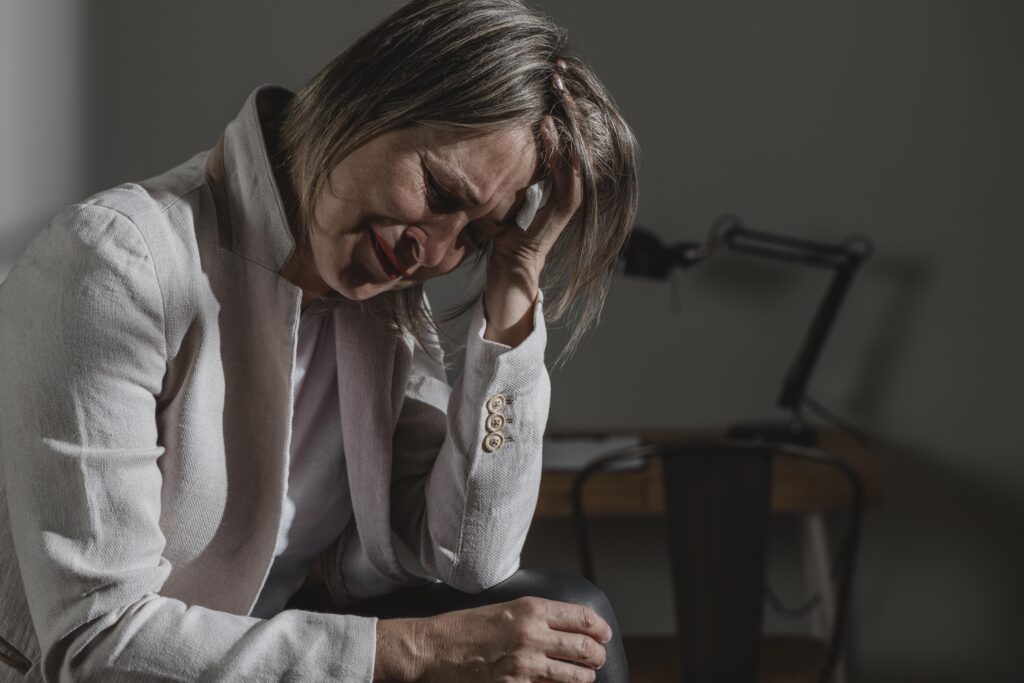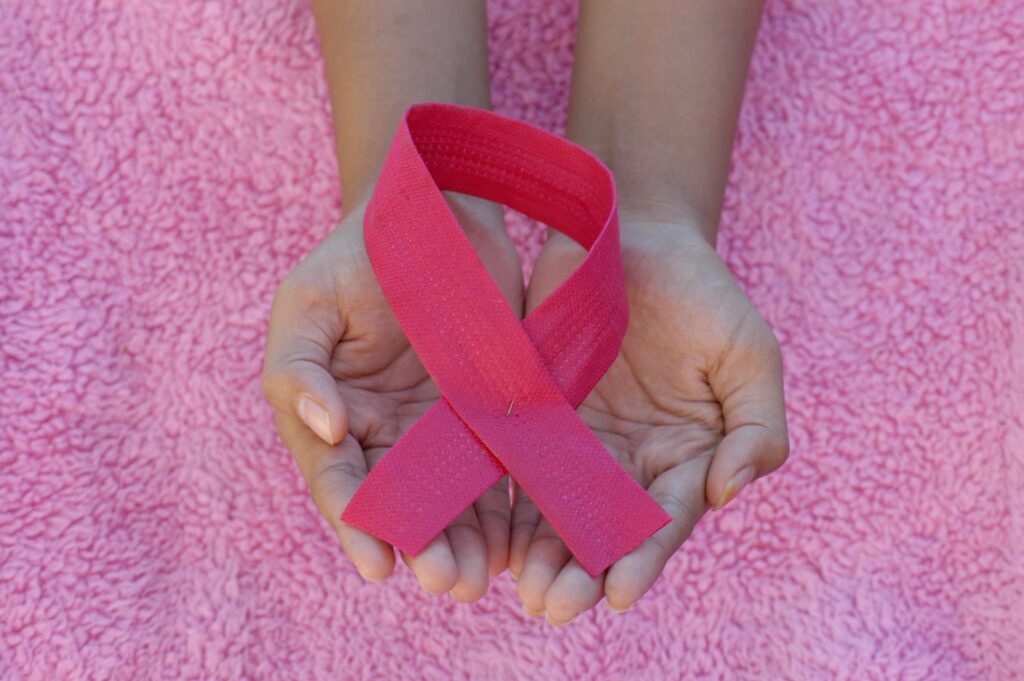Cancer’s reach extends beyond immediate effects, often leaving a lasting impact across generations. As explored by the BBC, the generational impact of cancer can deeply affect family structures and relationships, influencing not only those directly diagnosed but also their descendants and extended family members.
Throughout my 25 years as a radiation therapist, I have seen how cancer’s shadow stretches across generations. Families where multiple members have faced cancer often develop unique dynamics and coping mechanisms. The shared experience of battling the disease can create strong bonds, but it can also lead to recurring cycles of grief, anxiety, and financial strain.
One poignant example is the family of a patient named Robert. Diagnosed with colon cancer in his 50s, Robert’s journey was influenced by his family’s history. His father had succumbed to the same illness, creating a palpable sense of fear within the family. Robert’s children, aware of their genetic risk, lived with a heightened awareness of their health, influencing their life choices and relationships. This generational ripple effect highlights how a single cancer diagnosis can resonate through time, affecting decisions about lifestyle, health monitoring, and family planning.
The intergenerational impact is not solely negative. Families who face cancer together often develop profound resilience and solidarity. They become advocates for health education and cancer screening, determined to break the cycle. However, the psychological burden can be heavy, with each new diagnosis reopening old wounds and fears.
Financially, the legacy of cancer can also be burdensome. Families may inherit debt from expensive treatments or feel the pressure to save aggressively in anticipation of potential future medical expenses. This economic anxiety can influence career choices, retirement plans, and even where and how families live.
Understanding and addressing the generational impact of cancer is crucial for providing holistic care. Support groups, genetic counseling, and family therapy can help families navigate these complex emotional and financial landscapes. Healthcare providers must recognize these patterns to offer targeted support that considers the long-term effects on family dynamics and well-being.
As we continue this blog series, I will explore further aspects of the cancer journey, shedding light on the stories of those affected and advocating for comprehensive care that addresses the needs of patients and their families across generations. By sharing these experiences, I hope to inspire greater awareness and action towards alleviating the burdens faced by all those touched by cancer.












